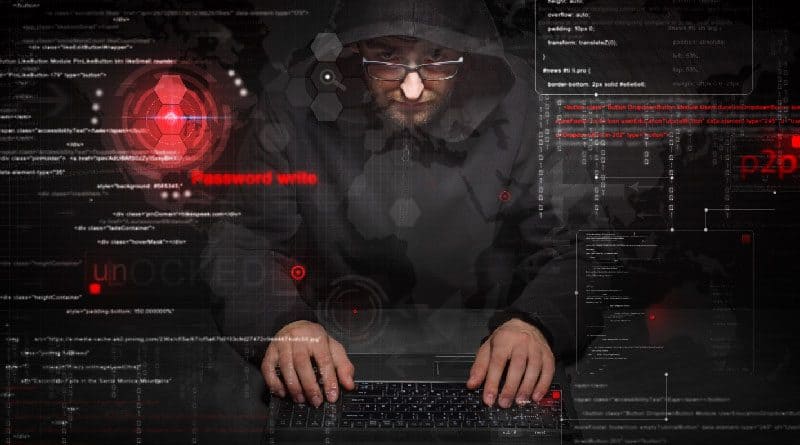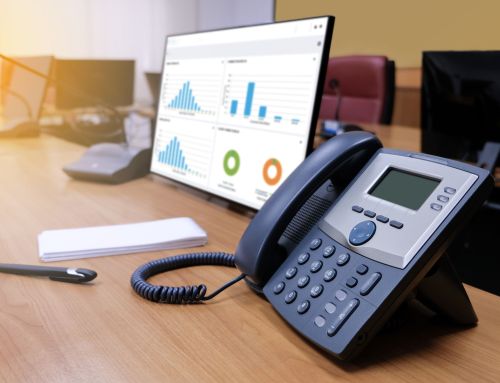Working from home helps lessen the spread of the Coronavirus, but creates openings for hackers
With the Coronavirus pandemic spreading quickly, there’s been a mass movement of employees working remotely in an effort to limit exposure and slow down the virus’ transmission rate.
While this is an excellent move to make in regards to the pandemic, if undertaken incorrectly, the devices employees are using to access company data could become compromised by unscrupulous hackers that are seeking to take advantage and infiltrate corporations.
The sudden transition of thousands of people working from home means more potential mistakes to be made when it comes to setting up appropriate security. In addition, those utilizing their own information technology staff may be overtaxing their resources as they try to keep up with multiple department transition needs.
Unfortunately, it also means that cyber criminals have taken notice of the vulnerabilities and are actively looking for ways to trick those workers into exposing their passwords.
Criminals have been dressing up password-stealing messages and malicious software as coronavirus-themed alerts, warnings, or apps.
Some researchers have even found hackers masquerading as the U.S. Centers for Disease Control and Prevention in order to scam users out of bitcoin. Others have found that hackers are using a malicious virus-themed app to hijack Android phones.
Government officials in multiple countries, including the United States and Britain have issued warnings about the dangers the newly remote workforce is facing.
U.S. cyber security officials released an advisory warning for companies to update their Virtual Private Networks (VPNs) and to be on guard against a flood of malicious emails targeting their disoriented workforce. Britain’s National Cyber Security Centre is on the same page as the U.S. recommendations and has issued a six-page leaflet for businesses in order to help them manage remote employees.
As many workers are moving their employers’ data from professionally managed corporate networks to at-home WiFi setups, it’s important to ensure those remote sites are encrypted and secure. Having loose restrictions and basic passwords for protection is a very ripe breeding ground for cyberattacks.
As always, if we can be of help with your network or computer, give us a call here at RHYNO Networks. (855) 749-6648






